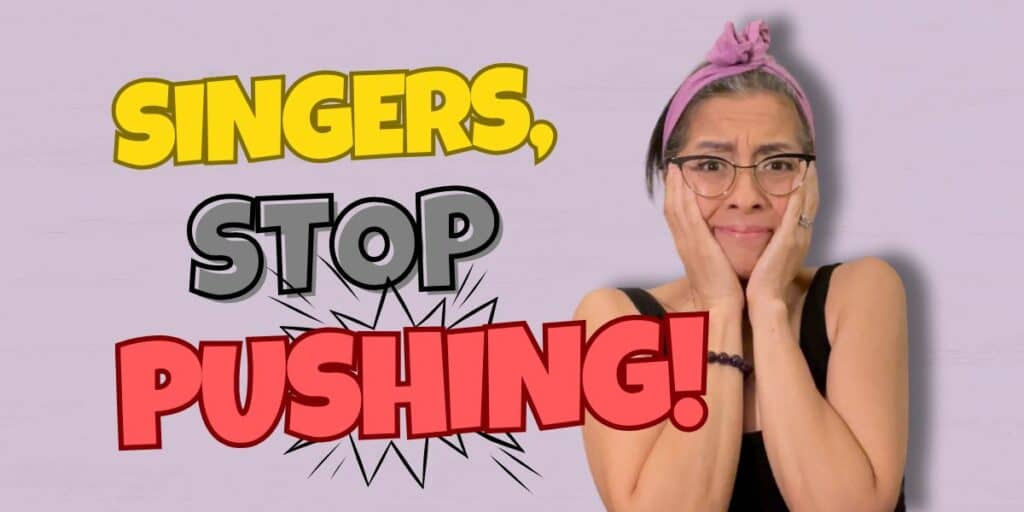In this episode of MoveMedics TV we continue with our Movement Capacity Series with Balance, one of the 9 Elements of movement in my Movement Philosophy.
Like This Post?
Never miss a post.
Get our blog posts delivered straight to your inbox!
We discuss:
What Balance is and the 3 key reasons why you should care?
The 3 systems we rely on for balance and what can influence them?
How to maintain good balance ability and why you should start now?
’Til next time, Be Free In Your Movement™.
x
Selina
B. Phty
This information is not medical advice. Got health concerns? Consult a real-life health professional.
Views are my own.
*Affiliate links. Your choosing to use these goes towards supporting my content creation. Thank you.
What is balance? Why do some people have good balance and others seem to fall over all the time? Why is balance important? What influences it? And what can you do about it? Let’s find out.
Hi, I’m Selina, physio from MoveMedics here to help you move better, feel better, so you can keep doing what makes you happy, for as long as you want.
Today we continue on with our Movement Capacity Series and we are talking about balance, which is one of the nine elements of movement in my Movement Philosophy.
We are not born with the ability to balance, that’s why you see cute videos of little babies being propped up by cushion in the sitting position, and if a pillow slips out, they fall over with it, and then sometime later they develop Righting Reaction, so they will still slip but the head comes back to the centre first but they still tip over, until eventually they develop some Balance Reaction, that’s when you start to see as they slip an arm comes out or a leg comes off in the attempt to not fall over, so really balance is our ability to manage gravity and not face plant.
We need to have good balance for three main reasons. First we need balance for everyday stuff, every time you momentarily go on one leg it challenges your balance, so walking, taking stairs, and getting dressed when you want to pull your pants up. So we all require some basic ability to balance for everyday living.
Secondly we need balance for movement performance, anytime we do anything above and beyond normal everyday stuff it requires a higher degree of balance ability. I like to do a handstand and that really is about not falling over whilst I’m on my hands. I also like to practice backbend and if I want to do a waterfall backbend, that also requires some decent level of balance ability.
And thirdly balance is super important for fall prevention. As we get older the risk of us having a fall increases and people often end up with a fractured hip after a fall, and sadly, a fractured hip is often the beginning of the end so this really is the most important reason why everybody should maintain good balance ability all throughout their lives.
We rely on three systems to maintain good balance. Firstly we rely on our vision. We balance a lot with our eyes and that’s why when you go into one of those fun houses at a theme park where they use optical illusion, mirrors and tricks to confuse your senses, it’s super disorienting, when what you are seeing conflicts with what you can feel, it can easily throw you off balance.
This also means that anything that affects your vision can affect your balance so it is important that we maintain good eye health and make sure we get them tested, have the correct prescription, you may also need to think about what kind of eyewear you use. When I do anything upside down my glasses will go like this and that will obstruct my vision and it also distort everything. It’s super annoying and it can also be quite restrictive when I want to do any Movement Exploration, so personally I, depending on what I’m doing I would either take my glasses off, or if I’m really serious about things I put contact lenses in.
The second system we rely on for balance is our vestibular system, the balance organ inside our ears help us balance and also to orientate ourselves through three-dimensional space. We’ve all experienced becoming horribly dizzy from a merry-go-round or roller coaster or simply spinning ourselves on one spot for fun. Now that kind of spin tolerance can be built up over time for most people, but for some it’s not quite as straightforward.
For example, if you need to take certain medication for your health and that medication gives you dizziness then things can be quite tricky, and anything that affects your ears can of course affect your balance, so from an episode of ear infection to something that’s more persistent like vertigo, they can all create issues for balance. And on that note, if you have vertigo and you haven’t seen a vestibular rehab physio yet, I strongly encourage you to get in touch with one.
The third system that we rely on for balance is our sensory motor system. We have receptors all over our body constantly feeding information up towards our brain, your brain has to integrate all this information, make sense of it and decide what to do with it, so if anything affects the quality of the incoming information it can affect your balance.
For example if you have a joint condition or an injury in a joint and there is pain and swelling in the area, that can affect the quality of the information going to your brain.
And on the brain side of things, your brain has to be able to handle all that information, process it in good time, make sense of it, and decide what to do about them, so any cognitive decline can also affect someone’s ability to balance, and you can see this in people with severe dementia, they don’t move much at all, they spend a lot of time in one spot which unfortunately creates more, different health issues.
So what can we do for our balance? There are two tips I want to share with you. Firstly, the World Health Organisation’s Guideline on Physical Activity and Sedentary Behaviour does make a recommendation, it recommends and I’ll read this for you that “for older adults (which means people 65 years and older, they should) do varied multi-component physical activity that emphasises functional balance and strength training at a moderate or greater intensity on three or more days a week to enhance functional capacity and to prevent falls”
Now that is fantastic, I am all for that, but my question is why wait until we are 65 or older when we know that balance starts to decline much, much earlier than that!
When I was at uni, back in the late 90s, I learned that balance starts to decline in our fourth decade, so if you, like me, are in your 40s, we need to start paying attention to that right now, and the more recent studies actually suggest that balance starts to decline even younger, as young as 25 years of age! So really balance is everybody’s business, so my first tip for you is that whatever age group you are, we should start working on our balance right now.
And that takes me to tip number two, how do we do it? Balance training must be specific, just by being physically active alone doesn’t cut it, it has to be specific and it needs to have two elements.
Firstly, we need to be able to manage internal perturbation, so disturbances to our balance coming from ourselves, from our own movement, so anytime I move outside my centre of gravity, I don’t fall over, and also if I do anything dynamic and I jump around, that I don’t throw myself over either.
The second component you may have guessed is therefore the ability to handle external perturbation, so disturbances to our balance coming from an outside force such as if someone accidentally bump into you, or the bus stopping suddenly, or the train starting and stopping, that also means that if you commute on the train or the bus, they provide excellent incidental practices for your balance.
What I used to do would be to just lighten up my grip around the handrail and try to use my body to maintain my own balance, and I know that if I need to I can quickly just hold on so I don’t fall over, and that worked really well for a long time until I became a driver and it also made my commute a bit more interesting.
In the next video we will talk about proprioception, I’m excited about this one because I think the lack of proprioception is a key reason why a lot of people don’t have the movement options they should have, but until then, tell me, do you already do something for your balance and what is it you do for it? Leave me a comment to let me know.
If this video has been informative please give me a thumbs up, it will really help me grow this channel and help more people.
And make sure you also subscribe to this channel and ding that notification bell so when my new video come out, it will pop up on your home screen.
And until then, thank you so much for watching and Be Free In Your Movement™







